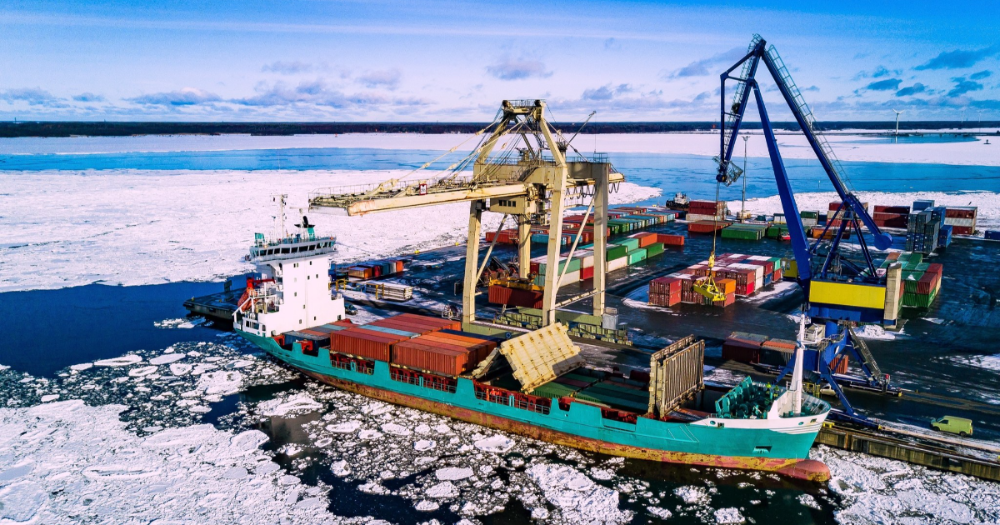The Marine Environment Protection Committee (MEPC) of the International Maritime Organization (IMO) will meet from 16 to 20 November. A key topic on the agenda of the virtual session is short-term measures to reduce greenhouse gas emissions from shipping.

Other topics are a ban on the use and carriage for use of heavy fuel oil (HFO) in the Arctic sea areas and an initiative of international shipping NGO’s whereby a mandatory levy on bunker fuel would be collected for a research and innovation fund to achieve low-emission shipping.
Binding rules as goal
Finland wants the meeting to reach an agreement on binding rules that will help cut greenhouse gas emission from shipping in the short term. The need to make a decision is pressing, as the rules are due to enter into force by the beginning of 2023 at the latest. The rules would be included in the International Convention for the Prevention of Pollution from Ships (MARPOL). The amendments to the convention would require ships to improve their energy efficiency by introducing technical solutions, such as rotor sails, and to reduce their carbon intensity for example by reducing speed. The meeting is set to agree for the first time on binding international rules to reduce greenhouse gas emissions from existing ships. Finland advocates an effective implementation of the rules.
Finland’s key objective is to ensure that the amendments to MARPOL Annex VI will include technical correction factors and other special requirements for ice-strengthened vessels and for ro-ro and ro-pax vessels, which are essential for Finland’s foreign trade by sea.
More ambitious targets are needed
The IMO’s initial strategy on the reduction of greenhouse gas emissions from ships was adopted in spring 2018. Its goals are that all greenhouse gas emissions from international shipping begin to fall as soon as possible and that the total annual emissions decrease by at least 50% by 2050 compared to 2008 to meet the goals of the Paris Agreement.
Finland favours more ambitious targets because emissions from shipping are on the increase. The Fourth IMO Greenhouse Gas Study, published in July 2020, shows that carbon dioxide emissions from shipping amounted to some 1,056 million tonnes in 2018, equalling just under 3% of the global human-made emissions.
The coronavirus pandemic has affected the international maritime sector and reduced passenger traffic in particular, and thus cutting emissions from maritime transport. However, maritime transport is expected to recover within a few years. Depending on the global economy and the energy market, emissions from international shipping are estimated to increase by 90–130% by 2050 compared to 2008, if emissions are not effectively reduced.
Plans for a research fund
Finland welcomes the establishment of a research fund under certain conditions.Finland agrees that the amount of levy per tonne of fuel collected for the fund should be higher than initially proposed in order to meet the emission reduction targets.
Finland continues to support the ban on the use and carriage for use of heavy fuel oil in the Arctic sea areas. In Finland’s view, the ban should be as comprehensive and clear as possible and it should be implemented quickly.
Initially, the 75th session of the Marine Environment Protection Committee was scheduled for March 2020, but it was postponed until November because of the coronavirus pandemic. IMO sessions aim to reach consensus among all states to ensure that everyone comply with the agreed rules.
Next steps
The meeting will be attended by representatives from the Finnish Ministry of Transport and Communications, Ministry of the Environment, Transport and Communications Agency and Finnish Meteorological Institute. The aim is to reach preliminary decisions in the November session, and confirm them in the next session scheduled for summer 2021.
The Ministry of Transport and Communications is preparing a resolution on the reduction of emissions from maritime and inland waterway transport, which would guide Finland’s influencing work internationally and outline national targets for emission reduction. A draft resolution is due to be circulated for comments at the end of 2020.